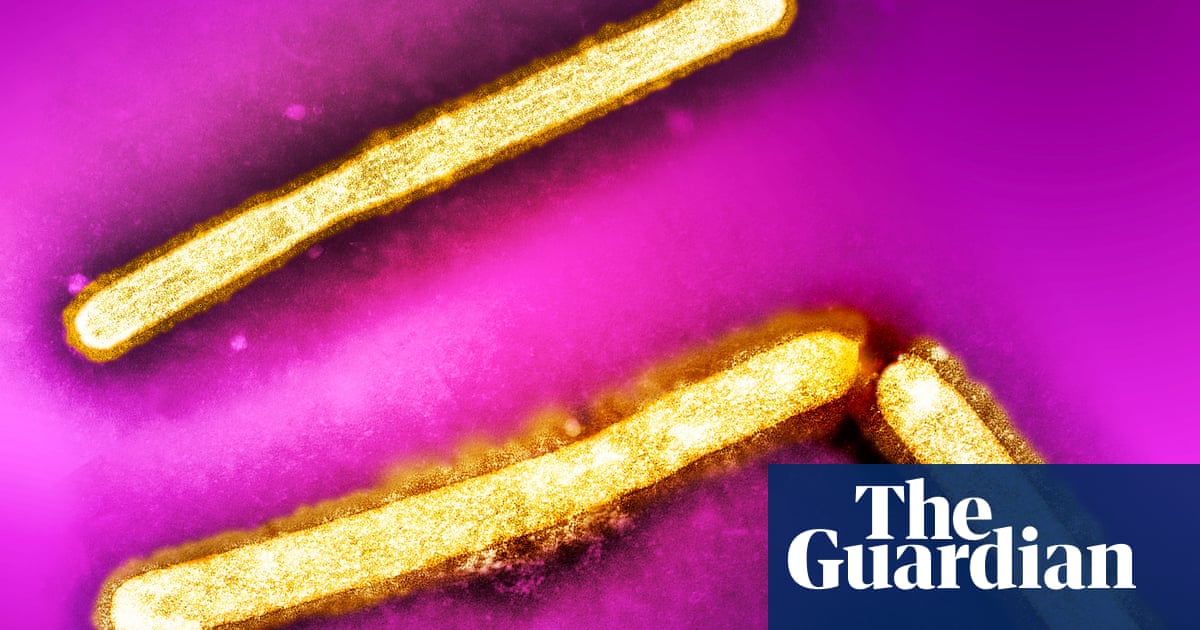Ministers are facing pressure to introduce minimum unit pricing for alcohol after Lord Darzi’s investigation into the NHS highlighted the “alarming” death toll in England caused by cheap drink.
Public health leaders are this weekend calling for urgent action to increase the price of cheap alcohol in supermarkets and off-licences. A two-litre bottle of cider can be bought in England for under £2, which equates to 22p per unit of alcohol.
Health officials believe a review is almost certain given the findings of the report and the rising death toll, even though the government reportedly ruled out minimum unit pricing shortly after winning power.
Greg Fell, president of the Association of Directors of Public Health, said England needed to follow Scotland and Wales by introducing minimum unit pricing: “The evidence is crystal clear. It saves lives.”
He added that a comprehensive national alcohol strategy was required, with a package of measures to reduce hospital admissions and deaths linked to excessive drinking. “The freezing of alcohol duty should no longer continue,” he went on. “It should [rise] in line with inflation.”
Darzi’s report, published earlier this month, said deaths attributed to alcohol stabilised when “tough action” was taken. He was referring to the duty escalator, which increased alcohol duty by 2% above inflation each year between 2008 and 2014.
Darzi wrote: “Alcohol is becoming more affordable over time, and deaths are rising at an alarming rate. In the pandemic, there was a 10.8% annual increase between 2019 and 2022.” He said prevention was better than cure, and bold action was required.
The government has previously ruled out introducing minimum unit pricing for England but, when asked by the Observer, a spokesperson for the Department of Health and Social Care did not repeat the earlier denial but said: “For too long there has been an unwillingness to lead on issues like smoking, alcohol harm and obesity. Under our health mission we are placing prevention front and centre. This means prioritising public health measures to support people to live longer, healthier lives, including reducing alcohol-related harms.”
Scotland introduced minimum unit pricing in 2018, with an initial minimum of 50p per unit. The minimum price per unit rose on Monday to 65p. This puts the minimum price for a 700ml bottle of 40% ABV whisky at £18.20; a 700ml bottle of 13% wine £6.34; and a litre bottle of 5% alcohol cider £3.25.
A report by the Lancet last year found minimum unit pricing in Scotland was associated with a 13.4% reduction in deaths wholly attributable to alcohol consumption. Public Health Scotland said there was no clear evidence of substantial negative impacts on the alcoholic drinks industry. Wales introduced minimum unit pricing in March 2020.
Prof Martin McKee, professor of European public health at the London School of Hygiene & Tropical Medicine, said: “If you put up the price of alcohol, it will reduce the amount that is being consumed. The evidence from Scotland is that it does reduce consumption among the heaviest drinkers who experience the most harm… and it does reduce deaths.”
In May, the Institute of Alcohol Studies (IAS) estimated the cost of alcohol harm in England at £27.4bn, with a cost to healthcare of £4.91bn. It said alcohol tax revenue raises about £12.5bn a year, which is dwarfed by the financial cost of the harm done.
Richard Piper, chief executive of charity Alcohol Change UK, said: “The harm caused by alcohol affects millions of us every day, from low energy and anxiety to high blood pressure and cancer. Minimum unit pricing is a targeted measure which does not increase the price of all alcoholic drinks.
“It raises the price of the strongest, cheapest drinks – the ones that cause most harm.” He said the government could also raise billions by reintroducing the alcohol duty escalator.
Prof Sir Ian Gilmore, chair of the Alcohol Health Alliance, which promotes evidence-based policies to reduce the harm of alcohol, said minimum unit pricing was not a “magic bullet” but, given the number of deaths, it was “imperative” to do something on prices.
“A duty escalator and minimum unit pricing would be an effective way of doing it.”
.png)
 1 month ago
3
1 month ago
3









 English (US) ·
English (US) ·